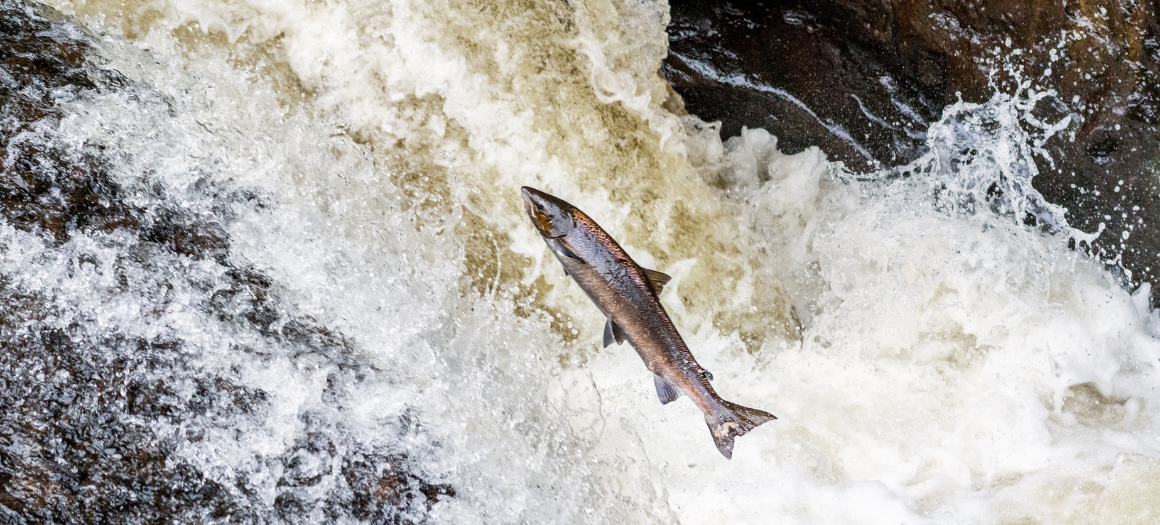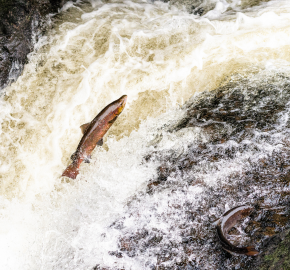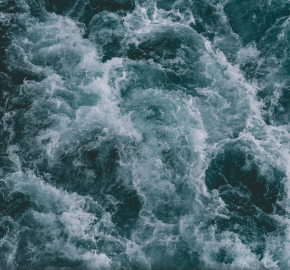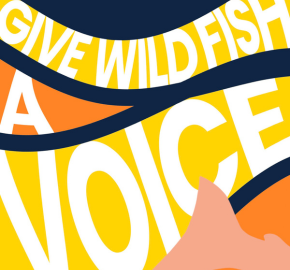WildFish response to Norway river closures

On June 20 the Norwegian Environment Agency announced the closure of all salmon fishing in 33 of the country’s rivers, as a response to low salmon numbers due in part to man-made impacts including climate change and salmon farming.
The Agency reviewed the situation on July 9 and varied the closure measures, dividing the rivers into three categories – those (17 in total, including the well-known Gaula and Orkla, both in Trondelag) that will remain closed for the rest of the 2024 season, those that will (from July 11) be permitted to reopen on the basis that “fishing will be regulated with local officials in charge of how fishing can continue” and those where the situation is uncertain (with presumably there will be another review in due course).
The situation in Norway should serve as a timely warning about the dire state of wild salmon numbers, and the need for urgent remedial action.
Given the recent IUCN reclassification of UK populations of wild Atlantic salmon to “endangered”, UK governments must act now to address those fixable man-made threats to their survival – including water pollution, unnatural barriers preventing access to spawning territory and salmon farming – without further delay and prevarication.
The UK case is very different to that in Norway, despite salmon being in a perilous state in both countries, with catch and release widely practiced in the UK. In Scotland, where the total catch of wild salmon by anglers in 2023 was 32,477, 97% were released (in contrast to 26% in Norway). In the UK angling contributes much of the funding that pays for salmon conservation projects and salmon protection; without angling such vital initiatives would be jeopardised.
At WildFish our work focuses on the overall objective of restoring wild salmon numbers to levels of sustainable abundance. We believe it is important to assess rivers case-by-case, notwithstanding the widespread practice of catch and release – which, if adopting best practice, results in very low mortality.



